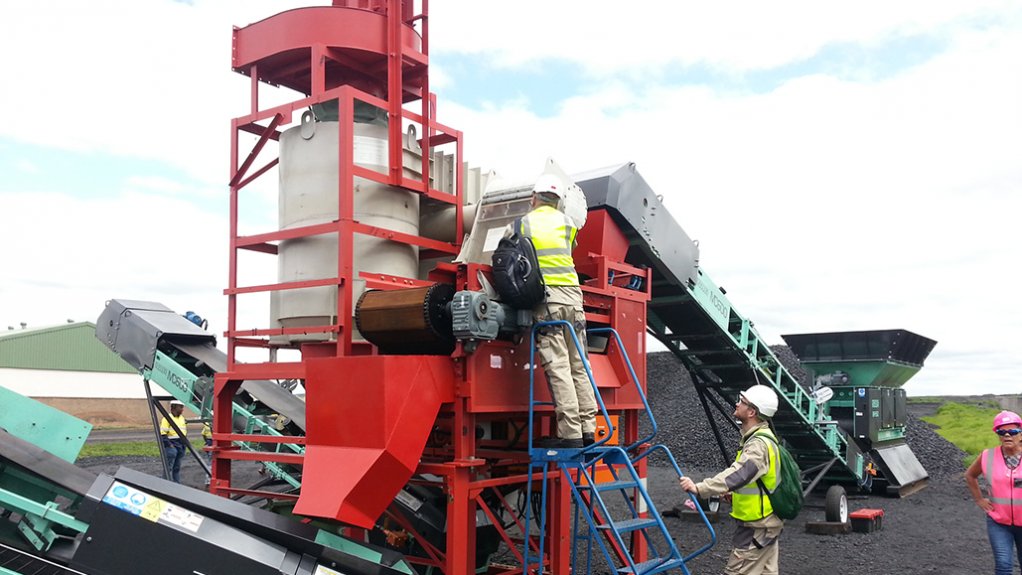Research institute Coaltech’s Colloquium – to be held on May 27, 2022, at the Ridge Hotel and Casino in Emalahleni, in Mpumalanga – will showcase the most recent research topics and projects that the institute has been pursuing.
Coaltech CEO Henk Lodewijks explains that, while the conference was previously a yearly event, the restrictions and concerns in terms of the Covid-19 pandemic resulted in Coaltech opting against hosting the conference in 2020 and 2021.
“The colloquium presentations are all current research projects and completed project reports can be found and are accessible on the Coaltech website,” says Lodewijks.
Three key research categories will be presented at the colloquium and, while there are a variety of projects under every category, one key project per category will be highlighted here.
The first research category comprises mining, geoscience and asset management.
Lodewijks tells Mining Weekly that this will include the presentation and discussion of a research project titled ‘Life Sustainability of Underground Refuge Bays in Collieries’.
He explains that, during a recent safety incident at a colliery, mineworkers were forced to spend considerable time in an underground refuge bay.
“This led to the question of whether refuge bays are indeed fit for purpose and if they are, ultimately, able to sustain life for an extended period in case of an emergency.”
This project investigates several aspects in this regard, particularly the provision of fresh air.
The second category covers coal processing and a key project that will be discussed is the testing of the SepAir pilot plant at diversified miner Glencore’s Tweefontein colliery, in Mpumalanga, adds Lodewijks.
He explains that the beneficiation of coal generally uses considerable quantities of water, which is a relatively scarce resource in South Africa and, consequently, testing dry beneficiation technology imported from Russia that has the potential to reduce water use and water pollution is important amid the growing focus on environmental sustainability.
The final research category is the surface environment and will include a project that considers the fabricated soils derived from South African coal-processing waste.
“This project is focused on the repurposing of fine and ultrafine coal waste into a soil additive, as this leads to a reduction in waste and improved land rehabilitation,” says Lodewijks.
He comments that “the decarbonisation of the globe’s energy is going to have a very big impact on coal industries. Coal is definitely not the fuel of the future and I think, from a South African perspective, the challenge is to make that switch from coal dependence to renewable-energy dependence as quickly and as seamlessly as possible”.
Lodewijks concludes that, by presenting this research, Coaltech hopes to provide insight and context for the coal industry’s current state, as well as explore what can be done to ensure its continued survival.
Edited by: Nadine James
Features Deputy Editor
EMAIL THIS ARTICLE SAVE THIS ARTICLE
ARTICLE ENQUIRY
To subscribe email subscriptions@creamermedia.co.za or click here
To advertise email advertising@creamermedia.co.za or click here













